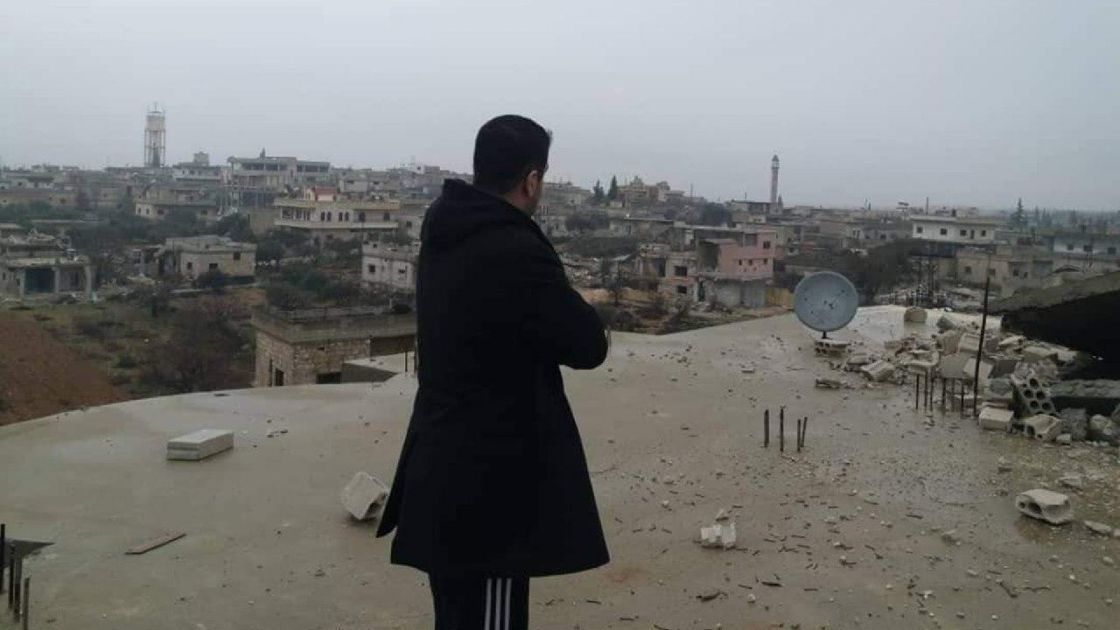- Editorials
- Posted
Sochi... Who is With It and Who is Against It?
Today, the work to implement the Sochi Agreement – and not only talk about it – is dominating the Syrian scene.
In addition to the various details within the Agreement, which are illustrated by maps and written articles thereof, the most essential details in this agreement – not only directly relating to Idlib, but also more broadly relating to Syria and the region – can be summarized by the following:
First, since its signing on 17 September 2018, the Sochi Agreement constituted one of the sharpest turns that could be used to test the integrity of the Astana track. Another one was the formation of the Constitutional Committee, which started with the Syrian National Dialogue Conference – also held in Sochi – at the end of January 2018, in addition to a number of partial tests in the on-ground and political sense, all of which have been successful despite difficulties. The Constitutional Committee test succeeded in principle, and all that remains is for it to achieve its final results. Passing the Sochi Agreement test with regards to Idlib would mean a resounding loss for the US-led Western Small Group, and a loss of one of the most important, most dangerous, and last instruments of obstructing implementation of UNSC resolution 2254 – that is, al-Nusra Front.
Second, if the duplicitous war that Washington launched against ISIS did not turn into a real war until the Russians got involved in directly fighting ISIS (although the veracity of US war against ISIS is still highly questionable), the extent of US suffering due to the elimination of al-Nusra Front has reached the point of such foolishness as to allude to declassifying al-Nusra Front as a terrorist group and considering it “patriotic opposition”, as US envoy to the Syrian crisis indicated. Idlib, which the US wanted to be the Syrian Tora Bora, would not be so if the Sochi Agreement is implemented; and the people of Idlib and IDPs therein, who were “profitable goods” through years of commoditizing the pain of people, will no longer be so. These people will not be left under the mercy of the extremists, nor will they be thrown into the hands of other extremists; rather, conditions will be created to emancipate them and all Syrians from all kinds of extremists.
Third, the implementation of Sochi and elimination of al-Nusra would pave the way for a final victory for the Astana track as a regional structure belonging to the new international balance, which implies major changes – in the regional sense – that would foil US plans in shaping the region to suit Washington and its interests.
Those who stand today against the implementation of Sochi – regardless of which side they belong to – whether directly or indirectly, explicitly or implicitly, are ultimately standing in the same camp as the US and al-Nusra Front. It is not difficult to explain this: implementation of Sochi will mean a decisive and irreversible step towards full, comprehensive, and imminent implementation of UNSC resolution 2254, and those adversely affected by this are obvious and well-known.


